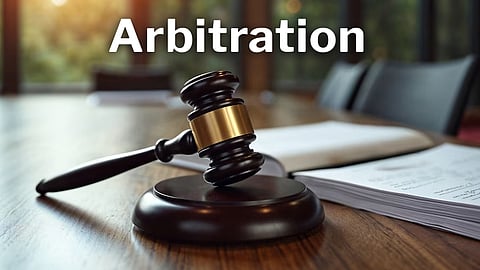
- Latest Legal News
- News
- Dealstreet
- Viewpoint
- Columns
- Interviews
- Law School
- Legal Jobs
- हिंदी
- ಕನ್ನಡ

The Delhi High Court has reiterated that once a court is found to have jurisdiction over and entertains an arbitration-related plea, only that court can be approached for all subsequent applications concerning the arbitration including a challenge to the arbitral award [KCA infrastructure v. HDB Financial Services].